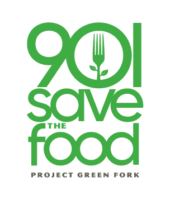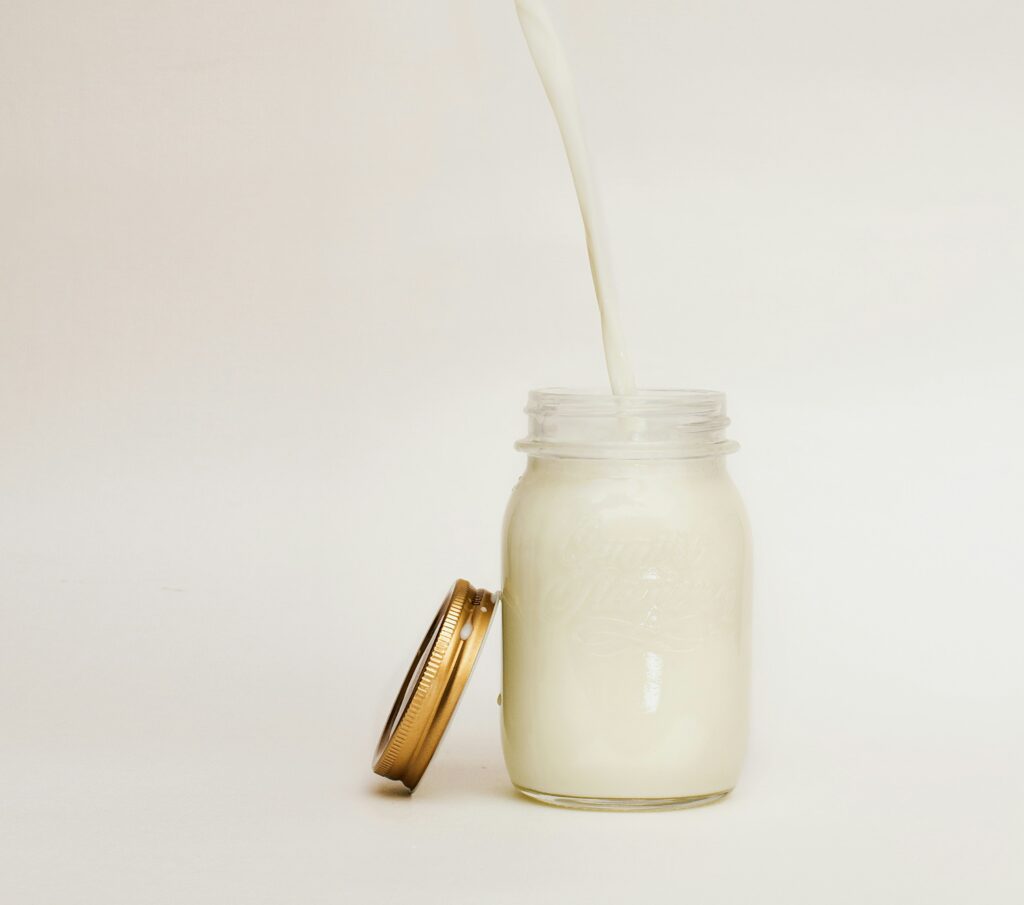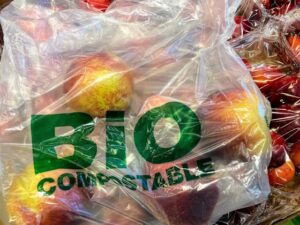Food date label are one of the most misunderstood aspects of food consumption. They play a crucial role in shaping our food habits, often influencing whether we keep or discard food items. However, the ambiguity and inconsistency surrounding these dates contribute significantly to food waste. The following are several key insights to help you better understand food date labels and make informed decisions in your kitchen.
1. Expiration dates are mostly about quality, not safety
When you see food date labels, it’s important to understand that these dates are generally indicators of food quality rather than safety. The dates suggest the time frame within which the product is expected to keep its peak flavor, texture, and overall palatability. However, it doesn’t mean the food becomes risky to eat after that date. Except for baby formula, the FDA does not regulate expiration dates, which means the responsibility falls on us to assess whether a product is still good to consume.
2. Lack of federal regulation leads to confusion
Federal law largely leaves the regulation of food date marking to individual states, creating a patchwork of rules and regulations that vary significantly across the country. This lack of standardization leads to widespread confusion, as people often mistake these signs for safety warnings. The result? Perfectly good food gets thrown away, contributing to the estimated 7% of consumer food waste directly linked to misunderstanding date labels.
3. Tennessee, Mississippi, and Arkansas: A closer look
States have responded differently to the lack of federal regulation. For example, Tennessee does not regulate dating tags on food products, which means that retailers and consumers are free to sell or donate food items even after the date on the package. This approach minimizes unnecessary refuse and allows more flexibility in food distribution.
In Mississippi, regulations are limited to two specific categories: shucked molluscan shellfish and eggs. Other than these products, food date markers remain unregulated, providing similar flexibility in food handling and donation as seen in Tennessee.
Arkansas, on the other hand, has specific labeling requirements for shellfish, mandating either a sell-by or best-used-by date for smaller packages and a shucking date for larger packages. However, like Mississippi and Tennessee, Arkansas does not restrict the sale or donation of food items past their tagged dates, again aiming to cut food waste.
4. The Food Date Labeling Act: An ongoing debate
In early 2024, the Food Date Labeling Act was reintroduced in Congress, marking its third appearance. The act aims to create a unified national standard for food dates, which would help eliminate confusion and reduce food waste across the United States. While it has progressed into committee, it remains to be seen whether this legislation will finally pass. If enacted, it could bring much-needed clarity and consistency to food labeling practices nationwide.
5. Decoding common date markers
Understanding the common terms used in date markers can help you make better decisions:
- “Best before,” “Use by,” “Enjoy by,” etc.: These are often found on perishable items like dairy and meat. They indicate when the product is expected to reach its peak. Eating it after this date means its quality may have diminished.
- “Sell By”: This is primarily a guide for retailers, proposing the last day the product should be sold. It doesn’t mean the food is unsafe after this date – it advises that the product may start to lose quality soon.
- “Freeze By”: This suggests the date by which a product should be frozen to maintain its peak quality. Freezing food by this date can help extend its shelf life significantly.
When in doubt about a food item’s date, rely on your senses to make the final call. Check for any unusual odors, changes in texture, or discoloration. If anything seems off, it’s best to compost or discard the item. However, if the food looks, smells, and tastes as expected, it is likely still acceptable to consume.
Food date labels are more about quality than safety, and understanding this can help you make informed decisions and contribute to a more sustainable food system. By demystifying these labels and advocating for clearer regulations, we can all play a part in tackling the crisis of food waste.




